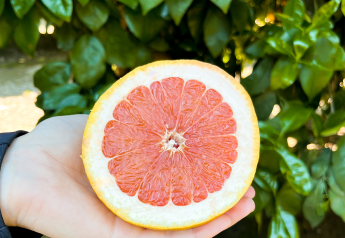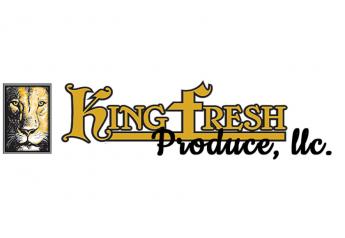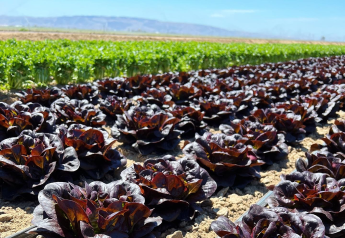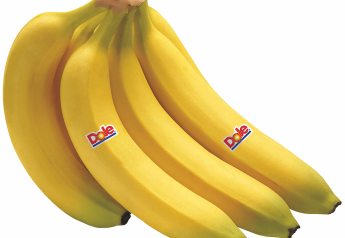Opinion: Why Farmers Should Pay Attention to Global Food Security

It feels like the world has turned upside down, with COVID-19, extreme weather and supply chain issues from the Russia-Ukraine war taking a toll on almost everyone. Farmers have weathered storm after storm, and it just keeps going, with fertilizer and other costs expected to remain high.
Fortunately, U.S. agriculture is in a strong position. As someone who survived the farm crisis of the 1980s and other periods of stress, I am confident that our industry will continue to thrive.
UNPRECEDENTED GLOBAL HUNGER
The world can’t feed itself without American farmers, and we have a lot to be thankful for: functioning markets, good customers for our commodities at home and abroad, and access to technologies to make farming more efficient than ever.
While U.S. agriculture isn’t facing an existential threat, the same cannot be said for farmers abroad, particularly in the developing world. Millions of farmers around the world, our brothers and sisters in arms, derive not just their income from farming; they also depend on their harvests to feed their families.
Global hunger has increased significantly — the United Nations World Food Program calls it “an unprecedented global food crisis” that is expected to get worse. Ironically, the majority of the world’s poor and hungry people work in agriculture, so this crisis disproportionately affects farmers.
High-quality inputs, particularly fertilizer, can be a game changer for smallholders, whose crop yields are much lower than on U.S. farms.
However with increasing costs, many smallholders won’t be able to afford fertilizer. In some African countries, fertilizer prices are up 150%, according to the UN. This is a potential tragedy in the making, as it means many will have smaller harvests and increased hunger.
THE PATH FORWARD
Farmers in the U.S. should care about global food security for a number of reasons. First, I believe having compassion and advocating for our fellow farmers around the world is just the right thing to do.
Second, when farmers have access to inputs and technologies that can help them increase production, they can re-duce hunger and increase economic growth in their home countries, which ultimately leads to political stability, less immigration and new markets for U.S. exports.
A ROLE YOU CAN PLAY
If you are interested in these issues, I suggest getting involved. The Farm Journal Foundation is a nonprofit that organizes conversations between Farmer Ambassadors like me and policymakers to discuss food security issues.
I’m also involved in the Farmer-to-Farmer program, which sends American producers to developing countries to share their knowledge with smallholders and others in the agricultural supply chain.
At the end of the day, U.S. agriculture is on solid footing, and we can be strong advocates for farmers around the world to promote food security for all.
Ready to get involved? Learn about the Farm Journal Foundation’s Farmer Ambassador program.
Join Our Mission
Today, the Foundation’s purpose of educating consumers and advocating for modern agriculture’s leadership role in achieving global food security is more important than ever. Please consider supporting the Foundation’s ongoing work.
Donate to the Farm Journal Foundation.
You can also make donations when you shop with Amazon. When you shop using AmazonSmile, you'll find the same Amazon storefront you know and love, with the added bonus that AmazonSmile will donate a portion of the eligible purchase price to the charity of your choice, at no additional cost. Here's how to sign up:
- Visit smile.amazon.com
- Sign in with the same account you use for Amazon
- Select your charity
- Start shopping! Remember to checkout at smile.amazon.com to generate donations for your chosen charity.
Connect with the Farm Journal Foundation:
Rick Fruth is a partner in New Vision Farms, a 7,500 acre farm in Napoleon, Ohio, that grows popcorn and a number of specialty crops. He is a Farmer Ambassador for Farm Journal Foundation and has served as a volunteer in seven countries with the Farmer-to-Farmer program.







